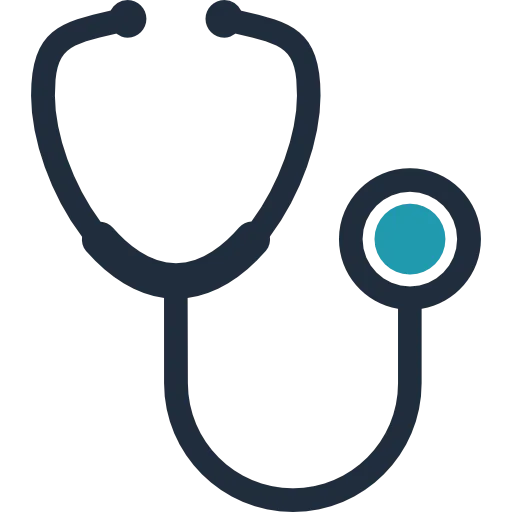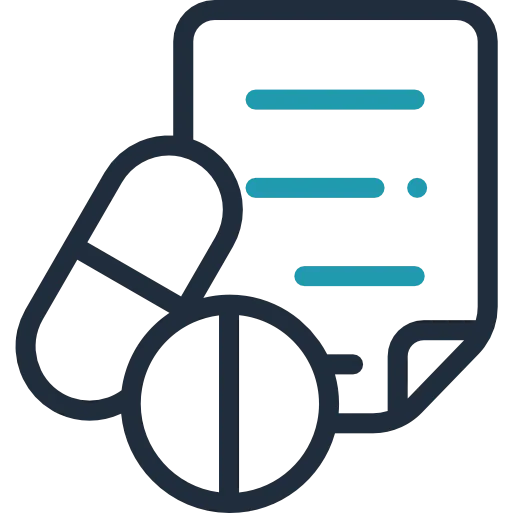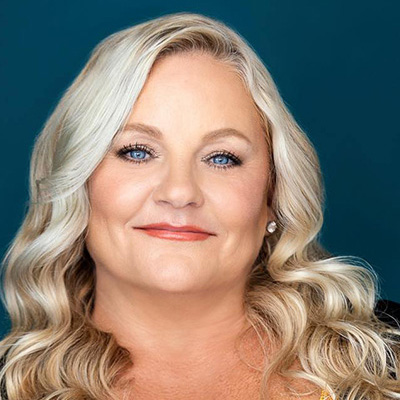

Hospital Stays

Medical Coverage

Medicare Advantage

Prescription Drugs


Hospital Stays

Medical Coverage
EXCELLENTTrustindex verifies that the original source of the review is Google. Great company. Denise and Lynn do a great job. very knowledgeable!Posted onTrustindex verifies that the original source of the review is Google. I have experienced the TRUE definition of Personal service so many times here. Along side is the professionalism and knowledge exhibited by these amazing brokers. I have and will continue to refer my friends to them.Posted onTrustindex verifies that the original source of the review is Google. With the help of Denise Anderson, I recently changed my health insurance. Denise answered all questions with patience and concern for my anxiety. After over two years of NOT changing, I finally did change to a new carrier. Everything she told me was true. I could not be happier or more satisfied with my choice. Thank you Denise for your patience and guidance.Posted onTrustindex verifies that the original source of the review is Google. We have been dealing with Denise Anderson, our Medicare Representative for about two to three years now. She is outstanding and is always timely and thorough, as well as helpful, cheerful and kind. She is quite knowledgeable and finds us the best way to go with our Medicare. We enjoy meeting with her and always come away pleased.Posted onTrustindex verifies that the original source of the review is Google. Very good meeting covered everything in detail . Extremely knowledgeable and pleasant to talk to.Posted onTrustindex verifies that the original source of the review is Google. I needed to change healthcare plans and Denise helped me out a lot, hooked me up with just the right plan. I would recommend this business and its employees wholeheartedly. They have the right amount of experience and a lot of expertise. Denise asked me questions to narrow down my needs and interests and found a plan that fitted me perfectly and did it so quickly and without any issues.Posted onTrustindex verifies that the original source of the review is Google. It was an absolute pleasure wading through the myriad of Medicare options with Denise as my guide. She is very knowledgeable, patient and helpful. She listened to all my questions and made sure I fully understood the answers. I would recommend Denise to anyone who has Medicare needs and questions.Posted onTrustindex verifies that the original source of the review is Google. For the first time I used a insurance broker for my Medicare insurance. I’ve had Kaiser for years and been very disappointed, it was time for a change. I did my research and discovered Make Medicare Work best decision I’ve ever made! My brokers name is Denise Anderson, she has been amazing! I gave her the information she needed and what I was looking for and she narrowed it down, gave me several choices plus doctors to choose from if I wanted that list, she did all the work for me and I believe I made the right choice with her help. Denise made it so easy, do not hesitate to let Denice help guide you to the right insurance, hospital and doctors when making your medical policy choices.Posted onTrustindex verifies that the original source of the review is Google. Denise was so helpful and knowledgeable when we were deciding on our Medicare strategy. She helped us make a decision and worked overtime to get us information in a timely manner.Posted onTrustindex verifies that the original source of the review is Google. Denise Anderson is a wonder! Always available and always goes the xtra mile to assist. A great agent. A getter human.

